Martial Peak Reviews
Diana Knightley's The Dawn is a captivating blend of historical fiction and science fiction, weaving a narrative that spans centuries and challenges the boundaries of time. The novel is a testament to Knightley's ability to craft a story that is both epic in scope and intimate in its exploration of family dynamics and the burdens of leadership.
At the heart of the story is Magnus, a character who embodies the complexities of power and responsibility. As a king in both 1291 and the 24th century, Magnus is tasked with the monumental challenge of maintaining an empire across time. This duality in his character is one of the novel's most compelling aspects. Knightley skillfully portrays Magnus as a leader who is both revered and burdened by his duties. His struggle to keep the historical record and timeline intact is not just a logistical challenge but a deeply personal one, as it involves the safety and legacy of his family.
The introduction of Asgall as the antagonist adds a layer of tension and urgency to the narrative. Asgall's ambition to destroy Magnus's family is a classic tale of power struggle, yet Knightley infuses it with fresh energy by setting it against the backdrop of time travel and historical preservation. Asgall is a formidable villain, not just because of his power, but because of his cunning and relentless pursuit of his goals. This makes him a worthy adversary for Magnus and adds depth to the conflict.
One of the novel's strengths is its exploration of the theme of legacy. Magnus's efforts to keep the succession of kings straight is not merely about maintaining power but about ensuring that his family's legacy endures through the ages. This theme resonates on a personal level, as it reflects the universal human desire to be remembered and to leave a lasting impact. Knightley delves into the emotional weight of this responsibility, portraying Magnus as a character who is acutely aware of the fragility of his empire and the constant threat of its collapse.
Kaitlyn, Magnus's partner, is another standout character. Her role in the story is crucial, not just as a support to Magnus, but as a strong and independent figure in her own right. Knightley gives Kaitlyn agency and depth, making her an integral part of the narrative. Her relationship with Magnus is portrayed with nuance, highlighting the challenges and sacrifices that come with their shared mission. The dynamic between Magnus and Kaitlyn is one of mutual respect and partnership, which adds a layer of emotional depth to the story.
The novel's setting, which spans multiple centuries, is richly detailed and vividly imagined. Knightley's ability to transport readers to different time periods is impressive, and she does so with a keen eye for historical accuracy and detail. The juxtaposition of the medieval world with the futuristic 24th century creates a fascinating contrast that enhances the story's complexity. This setting serves as more than just a backdrop; it is an integral part of the narrative, influencing the characters' actions and decisions.
In terms of pacing, The Dawn maintains a steady rhythm that keeps readers engaged from start to finish. Knightley balances action and introspection, ensuring that the story never feels rushed or bogged down by exposition. The stakes are high, and the tension is palpable, making for a gripping read that is difficult to put down.
Comparatively, The Dawn shares thematic similarities with other time-spanning epics such as Diana Gabaldon's Outlander series. Both authors explore the intricacies of time travel and its impact on personal and historical narratives. However, Knightley's focus on the preservation of an empire and the familial aspect of her story sets it apart, offering a unique perspective on the genre.
Overall, The Dawn is a masterful blend of historical and speculative fiction that offers a thought-provoking exploration of power, legacy, and family. Diana Knightley has crafted a story that is both entertaining and intellectually engaging, with characters that are complex and relatable. The novel's themes are universal, yet they are explored through a lens that is refreshingly original. For readers who enjoy stories that challenge the boundaries of time and delve into the intricacies of human relationships, The Dawn is a must-read.
In conclusion, Diana Knightley's The Dawn is a remarkable achievement that showcases her talent for storytelling and her ability to create a world that is both fantastical and grounded in reality. It is a book that will resonate with readers long after they have turned the final page, leaving them pondering the nature of time, power, and the enduring bonds of family.
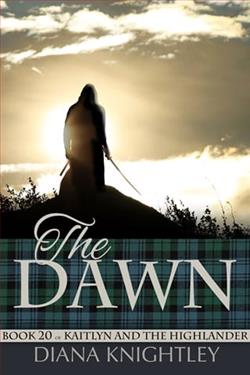




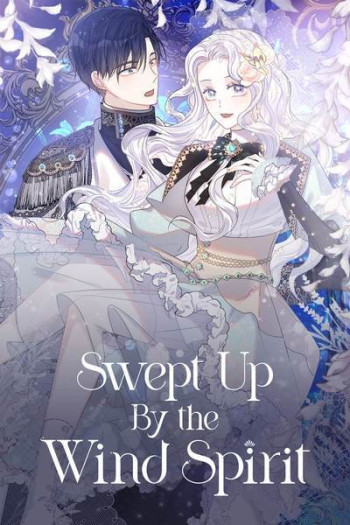
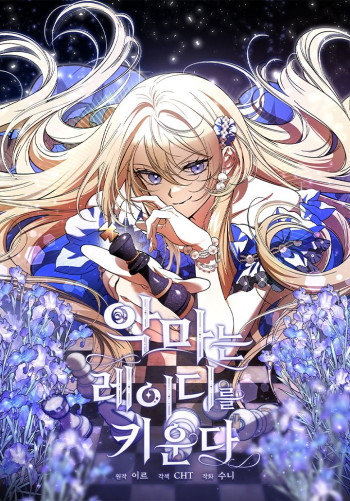
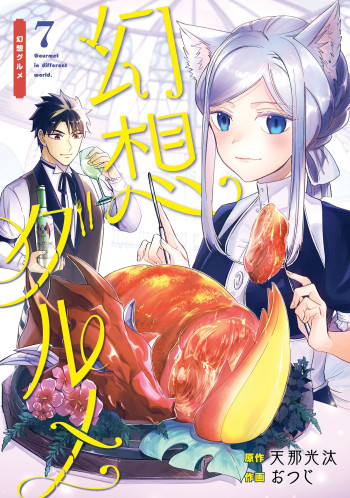


![Trump [Official]](/upload/pic/manga/trump--official-.jpg)

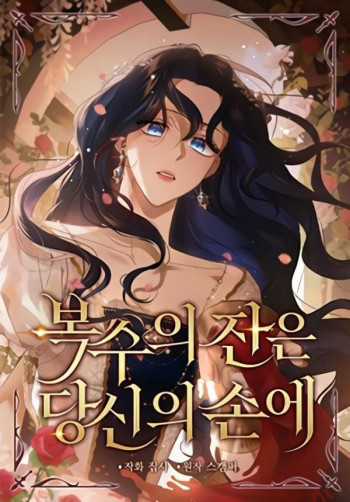
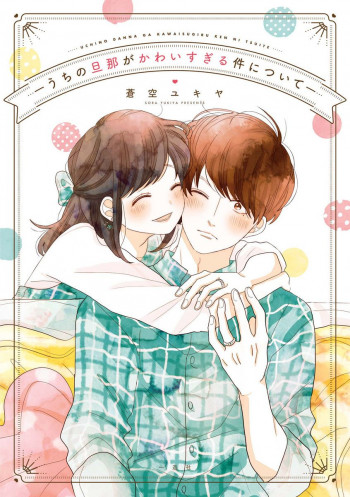










Reviews 0
Post a Reviews: